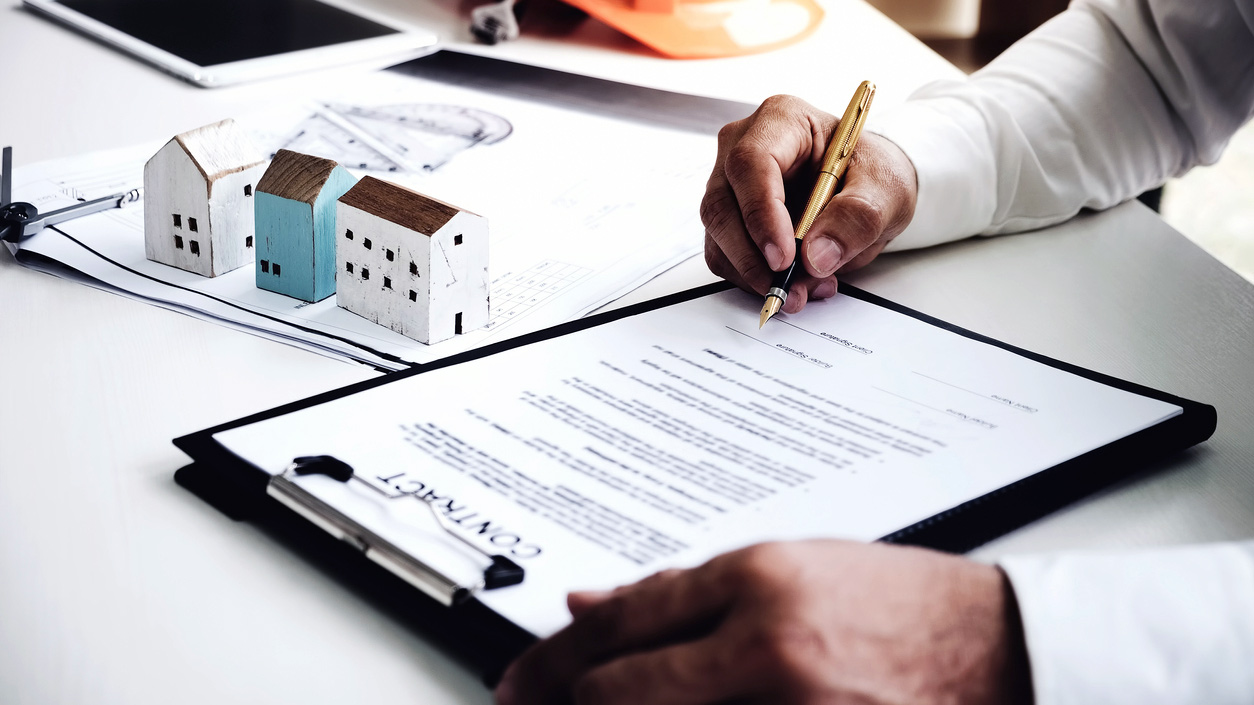Investing in Real Estate could be very risky for a new investor because they are financing their purchases by selling their previous properties. That’s why down payments require a lot of money, and new investors don’t have that much money available in Bank. And the only way to get it is to liquidate previously owned assets to finance their next purchase.
Several times, it is necessary to sell before you purchase. And there is a huge risk involved in this process. So much can go wrong in this purchase that is beyond imagination, like buying parties cancelling the deal or if you successfully sell then being unable to move in for a few months.
And when you are unable to purchase a new home. You will become homeless, and it will cost a lot of money to stabilize your condition. Before getting into something you don’t know, you should consider taking your time in researching things.
The things you need to know are simple, and they are discussed below.
-
Failing to plan your sale of real estate: It is very important to follow this step, even before you start to put ads on the marketplace. You need to fix issues inside your home. You need to improve issues related to door handles, floor, electrical wiring, and paint. It is necessary not to overlook any small issue. Remember, attention to detail will pay off but remember to keep costs in check too.
Don’t wait for the agent to tell you when to start preparing your property for sale. You should start by cleaning your property before the first potential buyer visits it. And after finishing that, you should tell your agent that it is ready for sale. And when working on a property, keep in mind the associated costs and remember to include them in your final price.
-
Not asking yourself what you should do when everything starts to fail: You will need a backup plan when everything starts to fall off, you need to think about all the scenarios that can happen, and when there is a delay between families moving in or moving out of the homes as well as if you fail to purchase your new home.
You should segregate funds that will help you when staying at the hotel for a few weeks or even renting a small home. You should plan if something went wrong and where you will stay in case of both successful or failed sale or purchase.
-
Pre Planning your purchase and mortgage: The new buyers in Canada always go for homes that are attractive and are bigger than the previous ones. They all fail to get a pre-approved mortgage before they purchase the property in Canada.
These new buyers always get carried away by the looks of big homes in their home hunting. And they are shocked when their mortgage is not approved. To control this issue in home purchasing, you need to limit your budget. You can only do that by getting approved for a mortgage in the first place then moving on to buying a property in Canada.
-
Not setting the price according to the real value of a property: New sellers often find themselves in the quicksand of negotiations and low market value. The market value of your property is what other buyers are willing to pay, and the real value is what the property worth.
The real value depends on a variety of different variables like location, condition, neighborhood, and other expenses. The buyers know the real value, and they try to purchase property at a lower price so they can get profit from the purchase. Don’t show them that you are desperate to sell the property. Otherwise, they will try to lower the price tag down. You can counter that by fixing all the issues and asking a little higher, then decreasing the price by a few points. The price safe zone will guard your profits in this trade.
Bonus
-
Failing to buy property at their real value: Never trust a dealer when he tells you about the asking price of the property you currently have eyes on, visit it, and see for how much it will sell if you own that property and only offer that amount to the seller. It will help you in not overpaying for something that you won’t be able to gain back, and also take other non-property factors into account, like location, commute, and how much it costs to maintain it.



